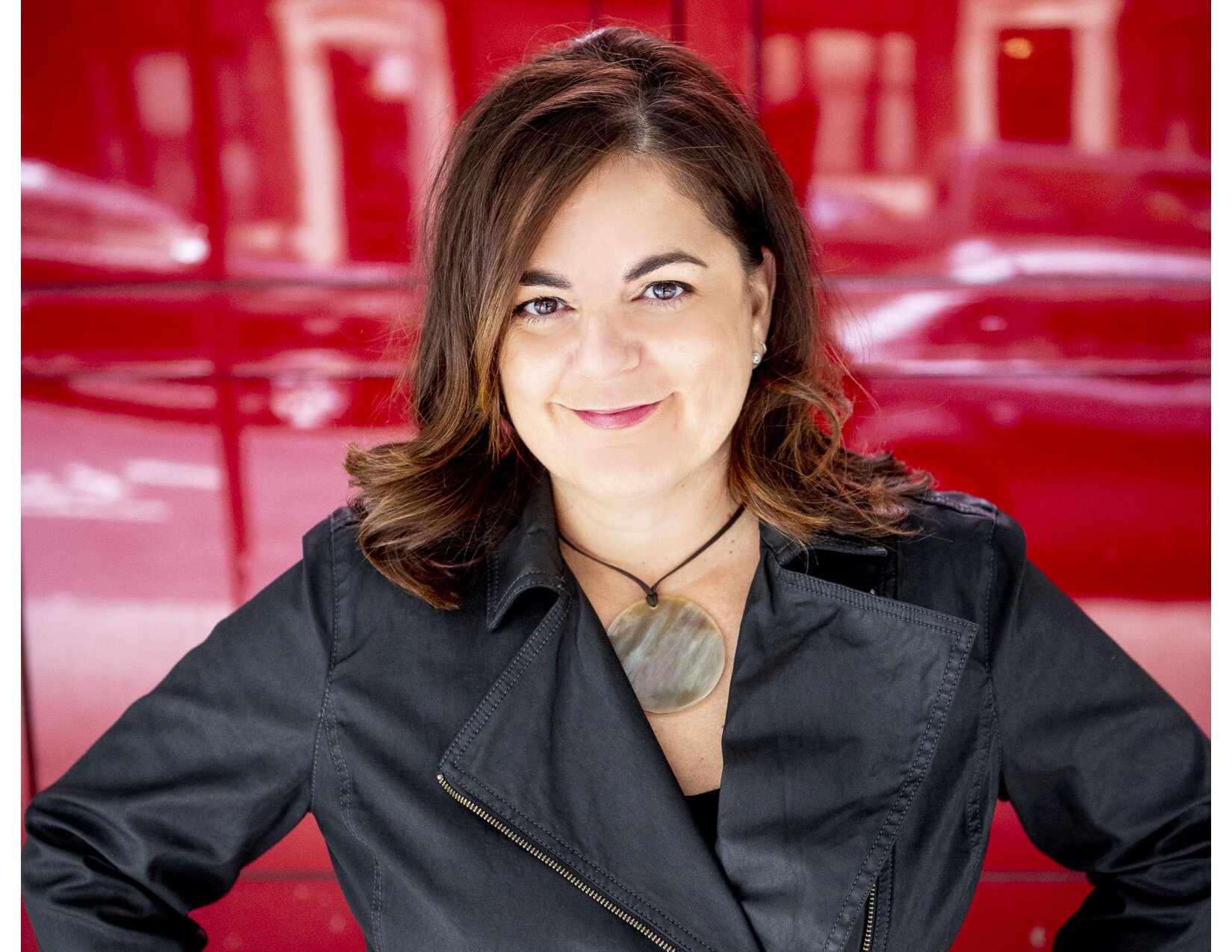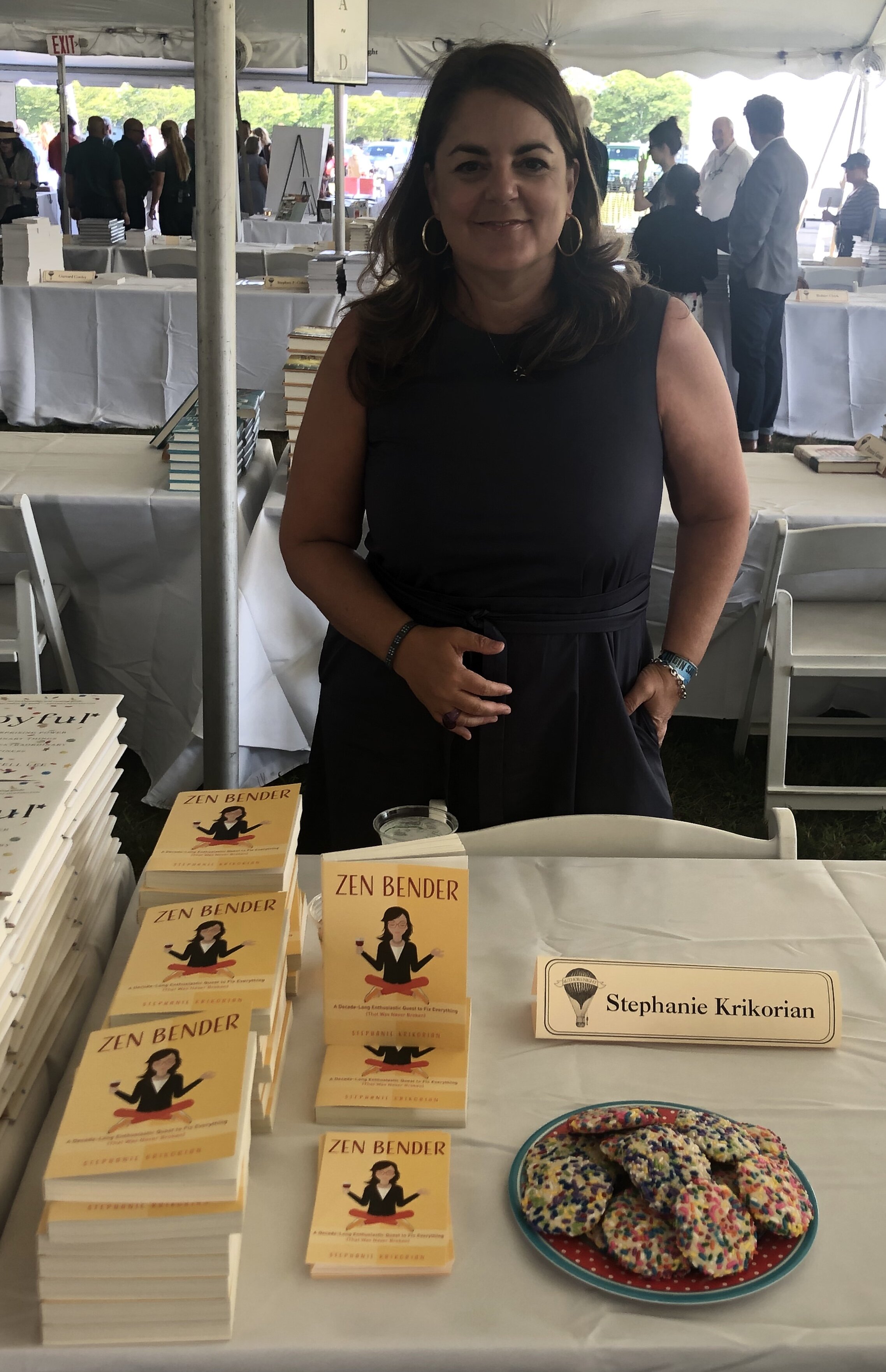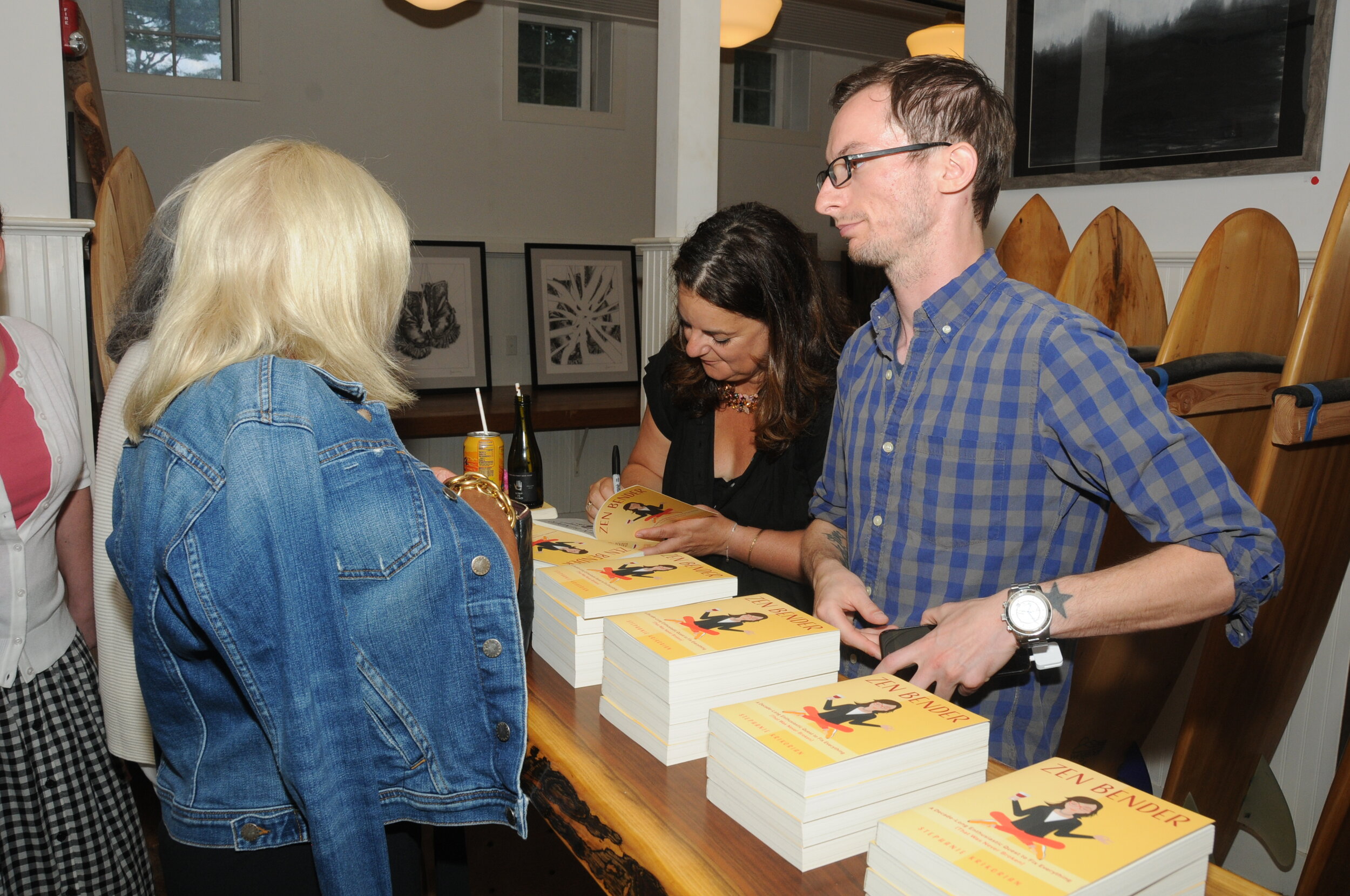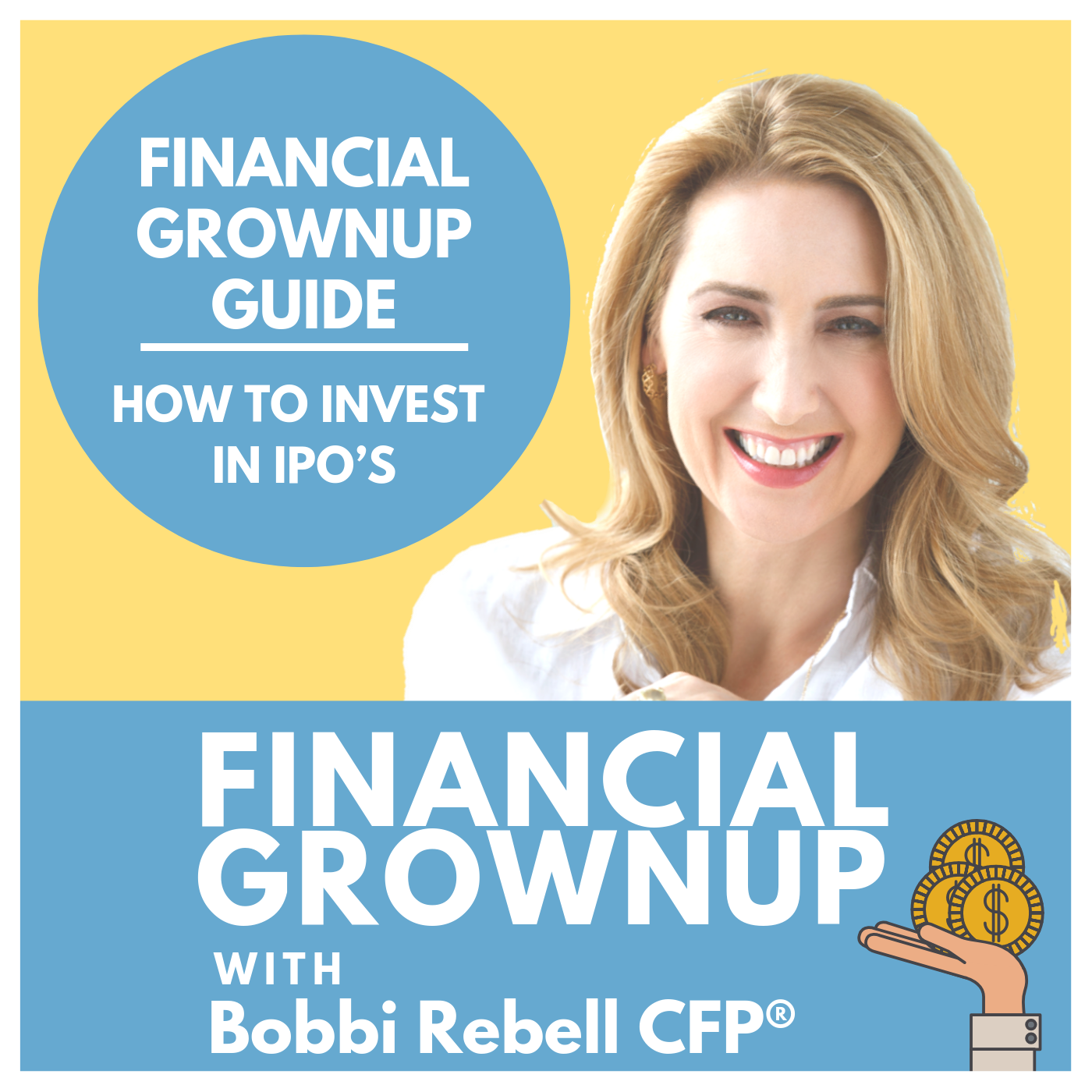Stephanie's everyday money tip:
Steph Krikorian:
So, you can get really caught up into these things. The average price for any of these sessions is $200. It's very easy to get-
Bobbi Rebell:
For what? I'm sorry. $200 for what?
Steph Krikorian:
Like Reiki, the astrologist, acupuncture. $200 seems to be the going rate of 2019, and buying five packs is very easy to get caught up. I would say this. Try anything, because there's a placebo effect or you find it inspiring. Try anything once. Don't buy the five packs. Just try it and see, and then step away and think of it. Don't get caught up in it. But more importantly, what I found, after all of the sessions, and all of the coaches, and thousands of dollars on a dating coach, I'm still single.
Steph Krikorian:
All the diets I tried and paid for and I think of how much per pound I've spent trying to lose the same 5, 10 pounds. Go for a walk, and then go for another walk, and then walk for more, longer, longer, longer. Walking solves all my problems, and it took me ... I knew that at the beginning, and then I didn't figure it out until the end, but it helps creatively. It helps anxiety. It does the same trick as some of this other stuff does, and it helps you work out, and it's good for your health, and so do that. That's my suggestion. Save some money. Do everything that you want to do, but just once in a while. Don't go on a Zen Bender, like I did, and hit it all hard, all at once, all the time.
Bobbi Rebell:
Amazing advice, and it's so true about walking. I get all my best ideas when I'm walking. It's also a great way to socialize, instead of going somewhere and spending money on food that will cost you money and weight.
Steph Krikorian:
What was the scariest thing to write? Oh, a lot of it was scary. It set out to be a book on humor, you know, a humor book on all these crazy things I tried, and then as I wrote it, I'm like thinking, "Well, why did I do that?" I think a couple of things, quickly, how much weight has held me back in life. You know, we all wish we were a little thinner I think. I don't know. I can't speak for everybody.
Bobbi Rebell:
Me.
Steph Krikorian:
I think-
Bobbi Rebell:
I'm raising my hand.
Steph Krikorian:
Exactly. And we all wish that we could drop a few pounds, and I spent a little bit too much time obsessing about that. That was sort of disappointing, and I was surprised I was able to put that on the page, because I really don't like to talk about it. I think being single, you know, I kind of likened the dating at ... I'm 50 now, but this whole book took place in my 40s. It's like shopping at Marshall's or T.J.Maxx. Everything is picked over. It's like seconds right now. So, that was a lot for me to talk about. You know, I had a hard time with that.
Steph Krikorian:
The realization I came to through writing and through discussing it is that after doing the Marie Kondo, I Marie Kondo'd, the living crap out of my house, including my freezer, did the doors open up? I don't know, but I learned to say no to things that didn't bring me joy. I don't think that was her intent in the book. I think that was, as interesting as ... It wasn't a hard to write about that, but it was an interesting learning experience for me that that takeaway kind of came through the process of trying to be funny about folding my socks, rolling my socks a certain way, that all of a sudden I realized, wow, I have a hard time saying no to things. Now, I'm a little better at it.
Bobbi Rebell:
We're all working on that. I think that's a big theme these days is sometimes it's okay to just decline an invitation, even if you don't have a conflict. Just say, "I'm sorry. I can't make it," and don't elaborate.
Steph Krikorian:
Exactly.












